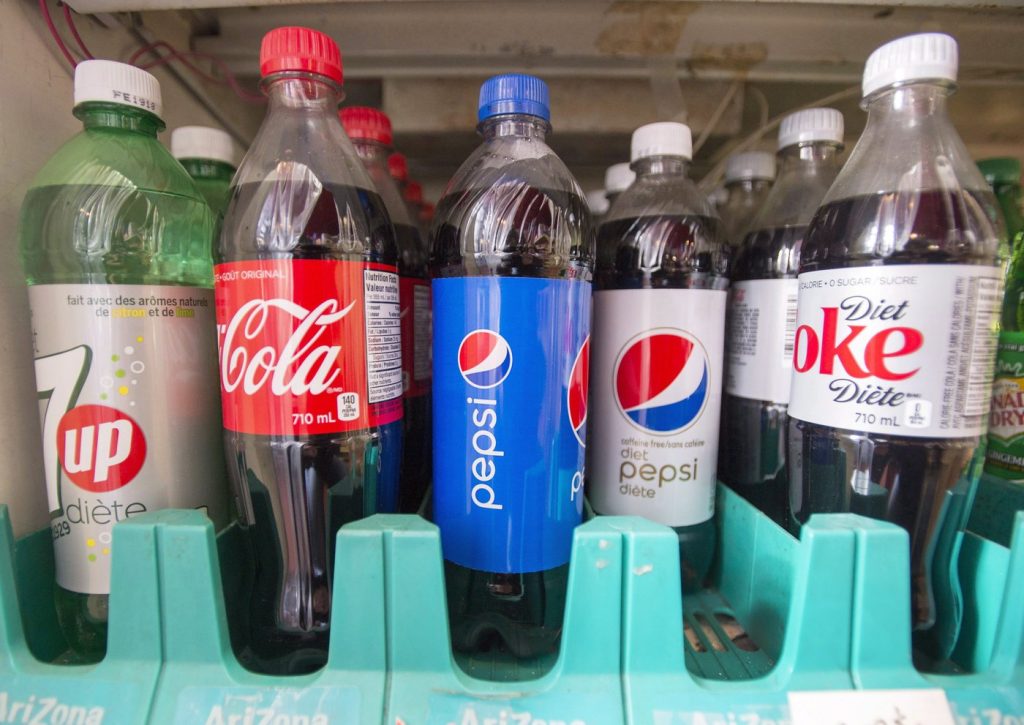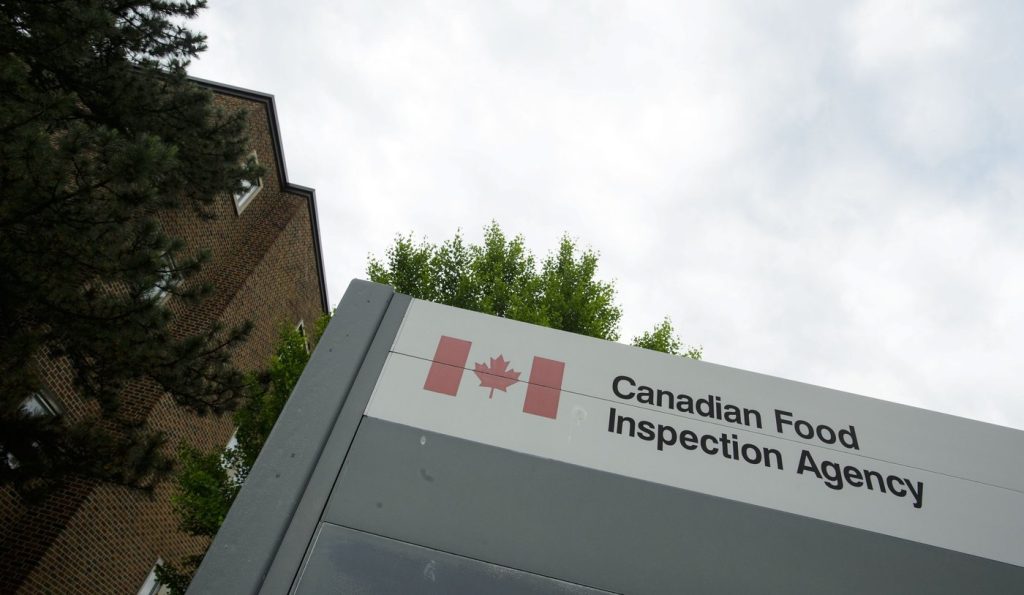ST. JOHN’S – A recent study sponsored by the Heart and Stroke Foundation of Canada highlights the potential impact of Newfoundland and Labrador's sugar tax on consumer behavior. The research examined beverage sales and public perceptions regarding sugar-sweetened drinks before and after the implementation of the provincial tax, which took effect in September 2022.
The findings of the study surfaced just prior to the provincial government's decision to remove the sugar tax, a move seen as a response to public outcry over the levy. Rachel Prowse, an assistant professor at Memorial University in St. John’s, co-authored the report and expressed concerns over the government's hasty decision to repeal the tax based on public opinion. She emphasized that there was insufficient evaluation conducted before this removal and suggested that the province could lead in public health initiatives across Canada.
Newfoundland and Labrador's sugar tax imposed a levy of 20 cents per liter on sweetened beverages, which encompassed various drinks including fruit-flavored juices, soft drinks, and energy drinks. However, the tax did not extend to diet beverages, chocolate milk, or drinks made from 100% fruit or vegetable juices. Notably, Prowse stated that Newfoundland and Labrador was the first region in Canada to enact such a tax on sugar-sweetened beverages.
The study meticulously tracked beverage sales in Atlantic Canada, examining data from the years prior to and following the tax's introduction. Additionally, it surveyed over 1,230 individuals before the tax was instated and more than 2,000 individuals afterward to gauge their purchasing attitudes toward sugary drinks. According to the report, per capita sales of sugar-sweetened beverages saw a significant decline of 11.6% in Newfoundland and Labrador post-tax implementation, in contrast to a 6.7% drop observed in the Maritime provinces where no such levy existed. Furthermore, approximately 24% of survey respondents indicated they were less inclined to purchase sugary drinks while the tax remained in place.
Prowse noted that despite the tax being poorly communicated and not substantially visible in retail spaces, it still succeeded in influencing consumer behavior. She characterized the impact as small yet noteworthy, suggesting that even a weakly designed tax can generate beneficial effects.
The introduction of the sugar tax quickly became a contentious issue in the provincial legislature, particularly among the Opposition Progressive Conservatives who frequently advocated for its repeal, citing concerns regarding the cost of living. Critics also argued that the tax disproportionately affected low-income families, who typically consume greater quantities of sweetened beverages. Nonetheless, Prowse’s findings demonstrated that all income groups exhibited reduced consumption of taxed drinks one year after the tax was enforced, albeit individuals above the poverty line were the least likely to reduce their consumption. The report also suggested that the tax had minimal effect on the beverage purchasing habits of food-insecure households.
In a recent announcement, Liberal Premier John Hogan confirmed that the provincial government plans to revoke the sugar tax on July 1, 2025. The Heart and Stroke Foundation of Canada advocates for the implementation of sugar-sweetened beverage taxes and recommends that governments utilize the revenue generated from these taxes to support low-income families. The foundation proposes initiatives such as subsidies for healthy food, universal nutrition programs in schools, or a universal basic income as potential uses for the funds.
Prowse concurred with the foundation's recommendations, highlighting the necessity to mitigate the adverse effects of such taxes on lower-income consumers. She stressed the importance of implementing supportive measures that could provide cost-of-living benefits to those most affected by the taxation.












